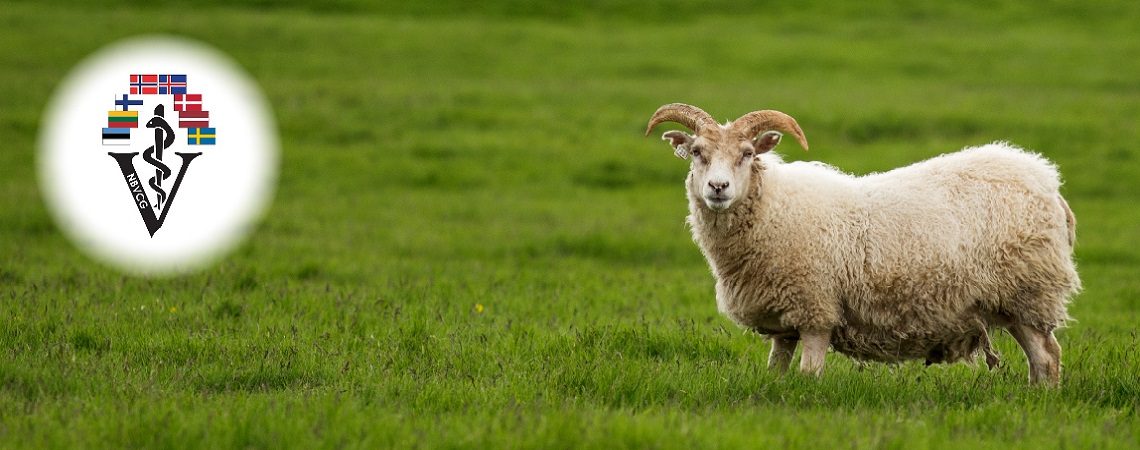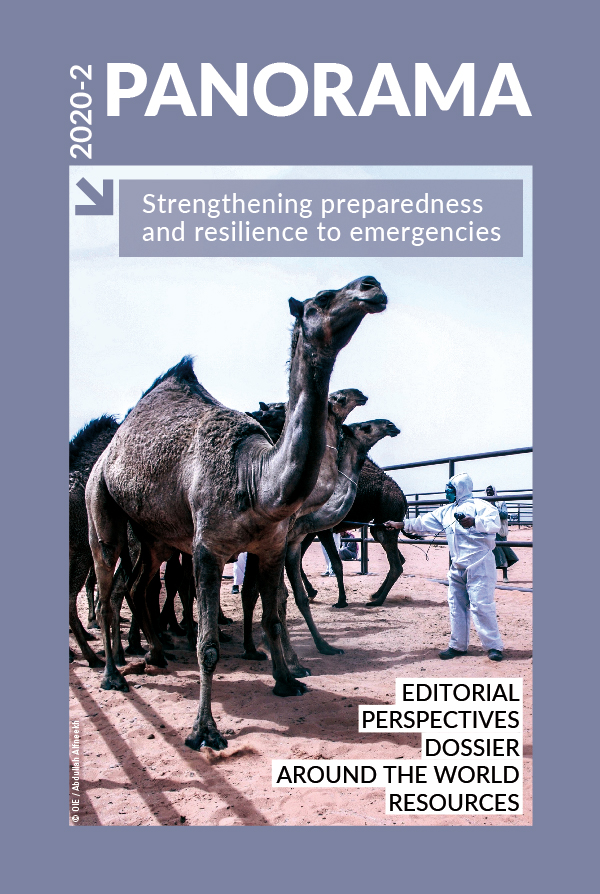Around the world Posted on 2021-03-08 08:51:35
Network initiatives
Nordic−Baltic emergency preparedness through cooperation between authorities
The Nordic−Baltic Veterinary Contingency Group increases harmonisation in the response to epizootics
Keywords
Authors
T. Svensson, Jordbruksverket, Jönköping, Sweden.
The designations and denominations employed and the presentation of the material in this article do not imply the expression of any opinion whatsoever on the part of the OIE concerning the legal status of any country, territory, city or area or of its authorities, or concerning the delimitation of its frontiers and boundaries.
The views expressed in this article are solely the responsibility of the author(s). The mention of specific companies or products of manufacturers, whether or not these have been patented, does not imply that these have been endorsed or recommended by the OIE in preference to others of a similar nature that are not mentioned.
The primary objective is to improve cooperation, communication and the exchange of information and experience between veterinary authorities within the Nordic−Baltic region and at the international level, in the context of contingency planning and during animal disease crises.
Spreading knowledge
The secondary objectives are to increase awareness of epizootic diseases and zoonoses among professionals and stakeholders within the region, to identify areas for improvement in contingency planning and also to obtain and spread knowledge related to fighting infectious animal diseases.
Harmonisation and sharing of resources
Through regional simulation exercises and workshops, the NBVCG shares experiences and harmonises its strategies in contingency planning and during animal disease crises. Through a memorandum of understanding, it is also possible to share personnel between countries in case of a major disease outbreak. Since every single country is small, such cooperation is vital for emergency preparedness.
Epizootics in a wider perspective
Due to climate change and challenges to security in northern Europe, epizootic diseases must be seen in a wider perspective in the future, including the partnership between human and animal health, One Health, agro-crime and globalisation. These changing circumstances will have an impact on contingency planning and the need for cooperation and the exchange of experience and knowledge between adjacent countries.
 |
 |
| For more information, please visit the NBVCG website |
http://dx.doi.org/10.20506/bull.2020.2.3154












